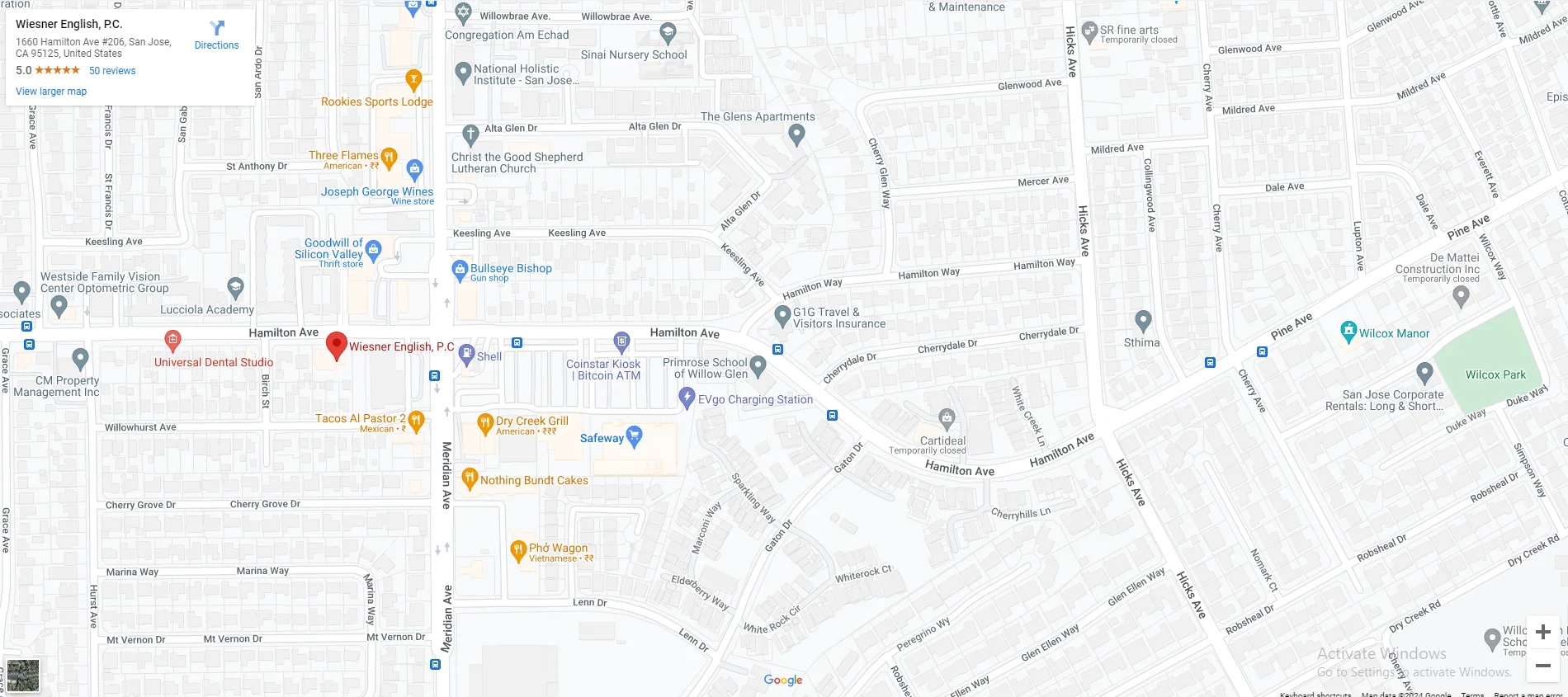Why Can’t I Take my WC Prescription to the Pharmacy the Same Day?

I know, it’s mind-blowing, isn’t it? Your work comp doctor, who the insurance may have sent you to, requests treatment but the doctor tells you you have to wait. Why isn’t the treatment immediately available? Why can it be denied and you don’t hear about it for days or weeks after?
Welcome to the world of Evidence Based Medicine. In a WC case, these hoops include Requests for Authorization (RFA), Utilization Review (UR), and Independent Medical Review (IMR). After the law changed in 2013, obtaining treatment for a workplace injury became a lot more difficult. This is due to Senate Bill 863. Senate Bill 863 now requires your work comp doctor to issue a RFA (written request for treatment, accompanied by a narrative report) for EACH and EVERY request. This is from aspirin all the way up to surgery.
Once the request is made, the insurance can either approve the request outright (unlikely) or send it to UR for review by a doctor who has never met you, may be out of state, and is working off guidelines first created in the 1970s. Additionally, once the RFA is submitted, the UR doctor has five days to make a decision. Add another 5-10 days (depending on where the reviewer is) for the written decision to reach you and your doctor. So, it will likely be 10-15 days before you know if your prescription was approved. This presumes the doctor made the request the same day, which might not happen in a busy medical practice. Often however, the treatment request is either modified (e.g., six sessions of therapy reduced down to three) or denied outright.
Further, the older an injury is, the more likely treatment will get denied. This is because the legal standard for treatment is “reasonable and necessary.” Reasonable–sure. Absolutely necessary? That’s a bigger problem.
For instance, say you have been taking Gabapentin to control nerve pain. While the Gabapentin doesn’t fix the nerve damage, it helps lower discomfort during the day as it blocks the neurological signal from traveling to your brain. (Not a doctor–not medical advice.) However, at some point, if the doctor cannot show that the medicine is improving your condition (why would it–it’s there to hide damage) then UR can deny your Gabapentin as treatment that is not “necessary”.
However, there is a small but important remedy the injured work has to denied care. Independent Medical Review! However, this is only a second review by an independent doctor. This doctor used the same “evidence based” guidelines to see if the first reviewer missed something. Unfortunately, this is the only appeal option for timely and properly denied medical treatment, so it is important for the injured worker to pursue this on each and every denied treatment request. Additionally, if there are material errors made by the insurance or IMR during the above process, a Workers’ Compensation Judge may be able to overrule UR.
Determining whether legal timelines have been followed or if a factual inaccuracy is material to the request is a very precise legal analysis. One that takes a skilled attorney with years of experience to master. The attorneys at Wiesner English, P.C. have amounted these skills through years of reviewing RFAs, UR, and IMR decisions. Whats more, we submit IMR appeals on behalf of our clients for EVERY denied treatment, no matter how small. Call us today if you feel your treatment is being unfairly delayed or reviewed.[/column]
Request A
Free Consultation
Fields marked with an * are required





